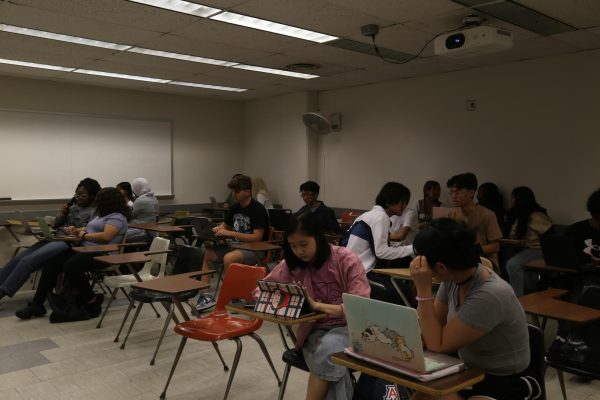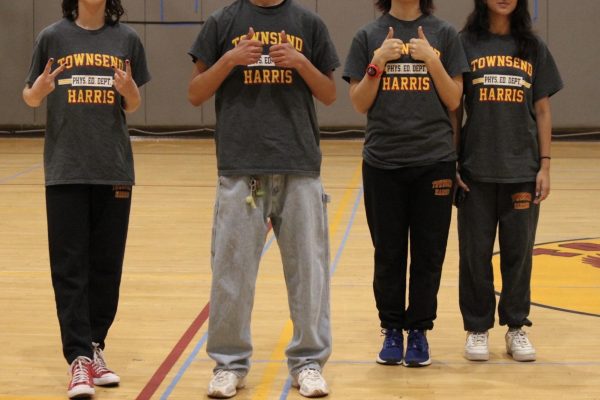OPINION: After remote learning, field trips are more important than ever
Field trips are vital for students to learn information outside the classroom.

Last spring, the NYC Department of Education eased various COVID-19 restrictions, making it easier for Townsend Harris High School to reintegrate field trips into the educational experience. Three major overnight trips have already taken place in the first semester: The Classic’s trip to Boston, the Girls’ Basketball trip to Florida, and the senior ski trip to upstate New York.
A 2022 study found that students who participated in multiple culturally enriching field trips had fewer behavioral infractions, higher attendance rates, and better averages and test scores. Field trips, whether overnight or local, are valuable to building students’ academic and social skills. THHS should continue to foster a culture of hosting field trips because it benefits students’ academics through hands-on learning and boosting student engagement.
Field trips expose students to tools and environments that they would otherwise not encounter in school. Concepts are presented in different forms, helping students who struggle with traditional learning utilize an alternative. Repeating the same lessons and learning style everyday in the classroom can become monotonous and foster apathy in students. During the height of the pandemic, the repetitiveness of virtual learning caused many students to struggle to obtain any academic information taught over Zoom. Student stimulation is an important aspect of learning that often becomes overlooked. School field trips are a simple and effective way of enhancing this while giving students an opportunity to explore different interests.
Field trips build camaraderie among students and bring them closer together in a way that wouldn’t be possible in the classroom as they have more of an opportunity to socialize. Cooperation throughout the student body is important as it is hard to foster a positive learning environment in a school where students do not get along, whether it has to do with group work or excelling in extracurriculars.
Despite benefiting students academically and socially, some may argue that trips take away from valuable class time. Admittedly, teachers only have a limited amount of time in the school year to prepare students to be proficient in their respective courses and prepare for end of year exams. Nevertheless, it is reasonable to assume that designating a few days out of the school year to give students an opportunity to leave the classroom will not stifle learning. Even so, this small sacrifice will actually benefit students as they will be more ready to learn upon returning to the classroom. Field trips give students a break from the dull classroom setting that they see everyday, so it is likely that there will be an increase in engagement. Upon reflecting in the future, a student is definitely more likely to remember their experiences on a field trip rather than what they learned in class on a specific day.
The second semester, now in full swing, has various trips in the works for the coming months. It is important that students are given the opportunities to experience learning outside the classroom. New York City Schools chancellor, David Banks, emphasized the importance of trips, describing them as “extending learning beyond the four walls of the classroom to feed the souls of our children.” School trips not only build on the THHS value of academic excellence, but also allow for a tight knit community that is a defining characteristic of the school.
Your donation will support the student journalists of The Classic. Your contribution will allow us to purchase equipment, support our extracurricular events, celebrate our staff, print the paper periodically, and cover our annual website hosting costs.

Audrey is a senior at Townsend Harris High School. When she’s not hanging out with friends or playing basketball you can find her curating the perfect...

Amy is a senior at Townsend Harris High School. She enjoys trying out a variety of new hobbies. Recently, she has been trying to learn embroidery and rollerblading.































